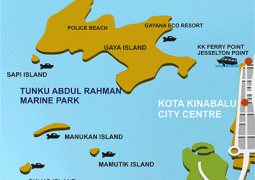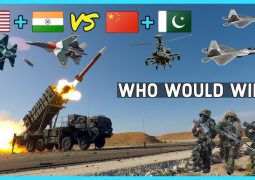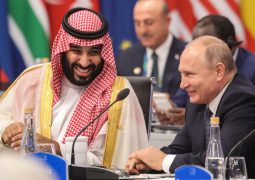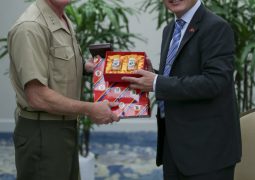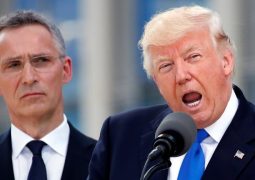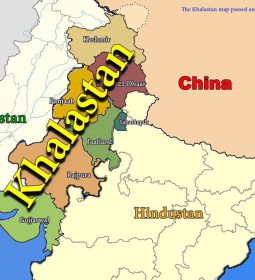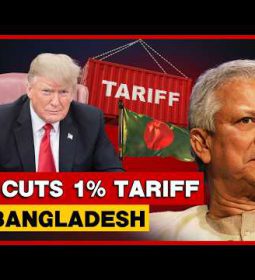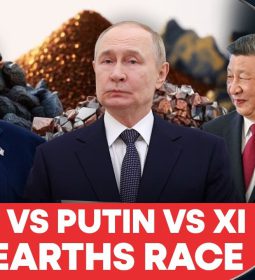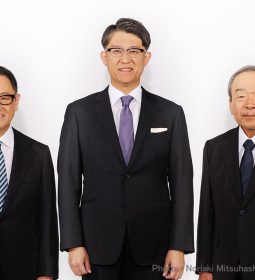Pompeo to seek stronger strategic ties with India despite trade tensions and asks Pakistan to do more on religious freedom
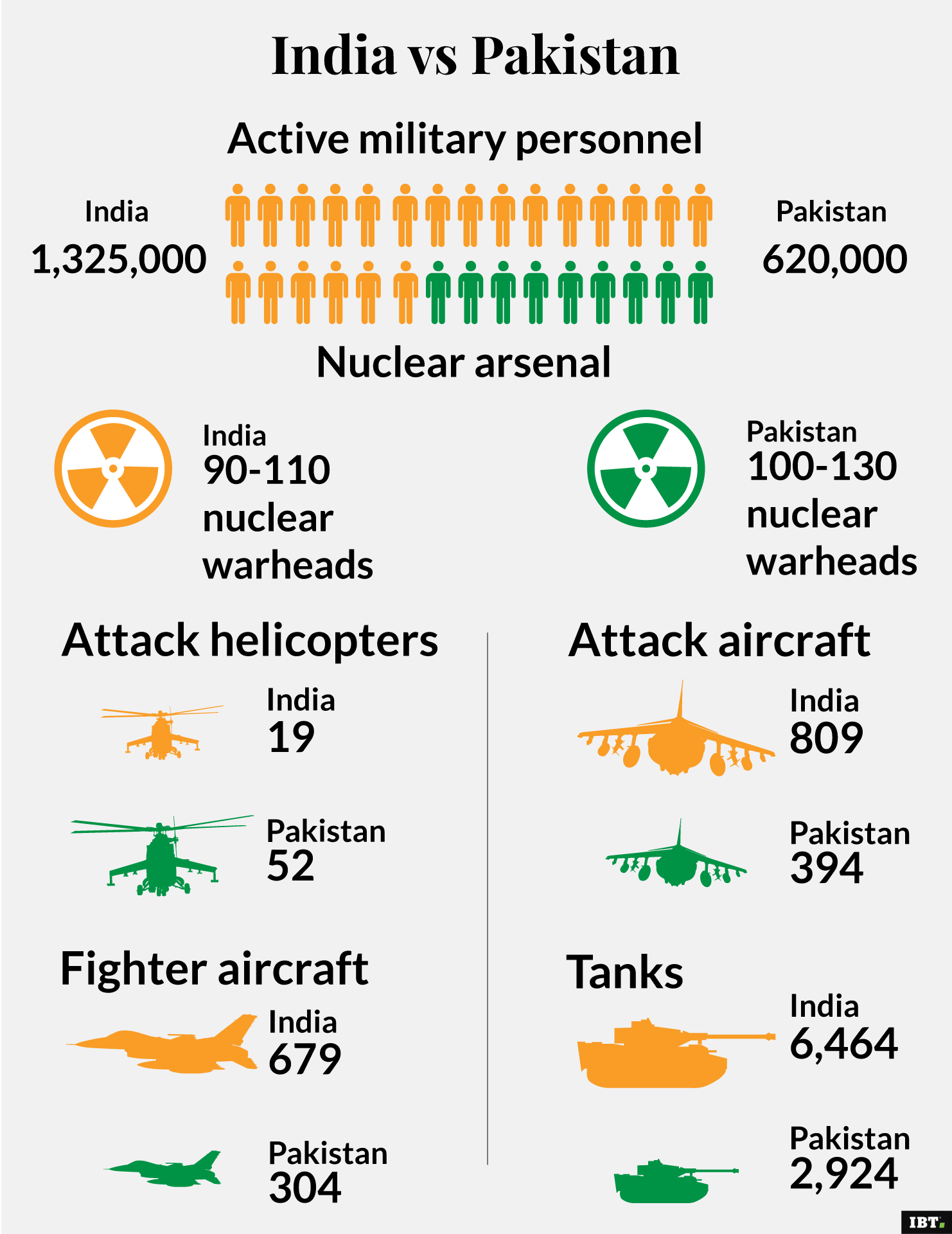
Pompeo arrives in New Delhi on Tuesday for talks that are aimed at laying the ground for a meeting between U.S. President Donald Trump and Indian Prime Minister Narendra Modi later in the week at a G20 meeting in Japan.
India is embroiled in disputes with the United States over tariffs, Indian price caps on imported medical devices, most from the United States, and Indian rules on e-commerce that impose conditions on the operations of major U.S. companies such as Amazon and Walmart.
Another issue that has alarmed India is the possibility of U.S. restrictions on work visas for Indian professionals in retaliation for India’s insistence on local data storage by big foreign firms, even though the State Department said on Thursday it had no such plan.
“U.S.-India trade ties, at least between our capitals, are certainly worsening. We both have leaders who look at trade as a zero-sum game,” said Richard Rossow, a U.S.-India expert at Washington’s the Center for Strategic and International Studies.
The Indian government led by Modi, who was re-elected last month with a big majority, says it has been trying to negotiate solutions to the disputes with the United States but that, as a developing country, it has to protect the interests of its people.
Trump has repeatedly criticised India for its high tariffs and last month raised the stakes with the withdrawal of a decades-old trade privilege.
Indian and U.S. officials said trade would be addressed during Pompeo’s visit but emphasised the broader political and security relationship.
“There will be certain issues between us that will be on the table at all points of time,” an Indian government official said. “But it should not detract from the overall direction of the relationship, which is positive.”
ARMS SALES
Both countries are wary of the growing might of China.
U.S. officials said Pompeo will seek to advance the U.S. strategic partnership with India.
“India is a crucial partner in the Trump administration’s vision for a free and open Indo-Pacific region; It shares our concerns about challenges to our shared interests in the region,” a senior official of the U.S. State Department told reporters on Friday.
The official said Pompeo would “talk specifically … about expanding security, energy and space cooperation,” and noted that the two countries were gearing up for their first-ever tri-service military exercises in the Bay of Bengal later this year.
At the same time, the U.S. side was hoping the visit would provide a “kick-start” to move quickly to resolve longstanding irritants over trade and market access for U.S. firms.
“A serious process, a credible process and a candid process is going to be critical,” the official said. “We need to get a conversation started quickly.”
India and the United States eyed each other warily over decades of Cold War suspicion, when India was closer to the then Soviet Union.
But the United States has become one of India’s top arms suppliers over the past decade, selling more than $15 billion of weapons such as transport planes, long-range submarine hunters and helicopter gunships.
U.S. firms Lockheed Martin and Boeing are in the race for a contract to build 110 fighter planes in a deal estimated at $20 billion.
In 2016, the United States declared India a major defence partner, opening the way for sales of high-tech military equipment seen as part of a U.S. aim to build up the country as a counterweight to China in the region.
But here too, new strains have emerged over an Indian plan to buy S-400 surface-to-air missile systems from Russia, which can trigger U.S. sanctions under the Countering American Adversaries Through Sanctions Act (CAATSA), prohibiting any engagement with Russia’s defence sector.
India, which signed the deal with Russia last year, has been hoping for a waiver, but that has not been forthcoming.
Slideshow (2 Images)
U.S. principal deputy assistant secretary for South and Central Asia, Alice Wells, told Congress this month Washington had “serious concerns” about the possible Indian purchase and there was no available CAATSA waiver when it came to the S-400.
“We are continuing our conversations about how the U.S. or other defence providers could assist India,” she added.
Additional reporting by David Brunnstrom in Washington; Editing by Robert Birsel and James Dalgleish
Pompeo asks Pakistan to do more on religious freedom
Washington (AFP) – US Secretary of State Mike Pompeo on Friday urged Pakistan to do more to stop the abuse of blasphemy laws after the release of Asia Bibi, who escaped a death sentence in a case that drew international scrutiny.
Releasing an annual report on international religious freedom, Pompeo estimated that more than 40 others were serving life sentences or facing execution for blasphemy in Pakistan.
“We continue to call for their release and encourage the government to appoint an envoy to address religious freedom concerns,” Pompeo said.
Blasphemy is an incendiary issue in Muslim-majority Pakistan, where mere allegations of insulting Islam have sparked lynchings, although activists say many cases stem from personal disagreements.
Bibi, a Catholic, was convicted of blasphemy in 2010 and sent to death row. Despite public protests against her, Bibi was acquitted on appeal last year and in May was able to leave for Canada.
Pompeo also strongly criticized US adversaries Iran and China, pointing to Beijing’s detention of some one million Muslims, mostly from the Uighur ethnic minority group, and its “intense persecution” of Tibetan Buddhists, Christians and the Falungong spiritual movement.
While President Donald Trump’s administration has often hesitated to criticize ally Saudi Arabia, the report spoke of widespread abuses in the kingdom which promotes the puritanical Wahabi school of Sunni Islam.
Quoting non-governmental groups, the report said Saudi Arabia has detained more than 1,000 minority Shiites since 2011, mostly for non-violence offenses such as participating in or promoting protests on social media.
Sam Brownback, the ambassador-at-large for international religious freedom, acknowledged disappointment since the rise of Crown Prince Mohammed bin Salman.
“I think there was a lot of hope at first in the change of leadership that things would open up substantially. We need to see actions take place in a positive direction,” he told reporters.
- Previous Saudi intelligence chief lobbies London for strikes against Iran: UK source
- Next Saakashvili syndrome pulps again to the streets of Tbilisi: Georgia and Russia trade blame over unrest as crisis brews




